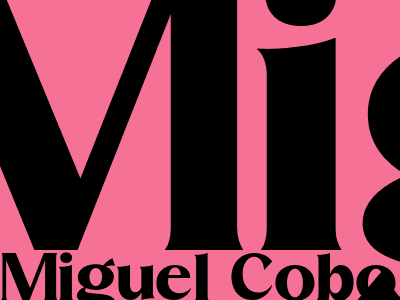7 Tips to Create a Successful Blog: A Comprehensive Guide
Introduction
In the vast and ever-evolving digital landscape, blogging has emerged as a potent force for businesses and individuals alike. As a platform for sharing ideas, imparting knowledge, and fostering connections, a successful blog can drive traffic, generate leads, and establish an authoritative online presence.
With the sheer volume of blogs flooding the internet, it's no longer enough to simply write and publish content. To stand out amidst the competition and achieve your blogging goals, it's essential to adopt a strategic and data-driven approach.
1. Define Your Niche and Target Audience
The foundation of a successful blog lies in understanding your target audience and the specific niche you intend to serve. Who are you trying to reach with your content? What are their interests, pain points, and needs? Identifying and tailoring your content to a well-defined audience will ensure that it resonates and drives engagement.
Conduct thorough market research, analyze industry trends, and identify the topics and subtopics that are most relevant to your target audience. This research will provide valuable insights into the type of content that will appeal to your readers, helping you establish a strong connection with them.
2. Craft High-Quality, Engaging Content
At the heart of a successful blog lies the content you produce. Your articles should be well-researched, informative, and engaging, providing valuable insights and actionable advice to your readers. Avoid producing thin, superficial content that fails to offer anything new or substantial.
Structure your articles with clear headings, subheadings, and bullet points to enhance readability and facilitate skimming. Use compelling language, anecdotes, and examples to make your content relatable and memorable. Always strive to go the extra mile in providing in-depth analysis and valuable information that your readers won't find elsewhere.
3. Optimize for Search Engines (SEO)
In today's digital world, search engine optimization (SEO) is crucial for driving organic traffic to your blog. Optimize your content for relevant keywords by incorporating them naturally throughout your articles, including in the title, headings, and body copy. Utilize long-tail keywords that are more specific and less competitive, increasing your chances of ranking higher in search results.
Ensure that your website has a clean and user-friendly design, with fast loading times and mobile responsiveness. These factors contribute to a positive user experience, which search engines prioritize in their rankings. Additionally, build backlinks from reputable sources to enhance your blog's authority and credibility.
4. Promote Your Blog
Once you've created compelling content and optimized it for SEO, it's time to spread the word about your blog. Leverage social media platforms to share your articles, engage with your audience, and build a community around your brand. Join relevant online forums and discussion groups, offering valuable contributions while subtly promoting your blog.
Consider guest blogging on reputable websites to reach a wider audience and establish your expertise. Collaborate with influencers in your niche to cross-promote each other's content and tap into their existing networks.
5. Build an Email List
Building an email list is an invaluable asset for any blogger. It allows you to nurture relationships with your subscribers, provide exclusive content and updates, and drive traffic back to your blog. Encourage your readers to subscribe to your email list by offering incentives, such as exclusive content, discounts, or early access to new articles.
Use email marketing tools to segment your audience based on their interests and preferences, personalizing your email campaigns to increase engagement and conversion rates.
6. Track Your Results and Make Adjustments
To continually improve your blog's performance, it's crucial to track your results and make necessary adjustments. Utilize analytics tools to monitor your traffic, identify the content that resonates best with your audience, and pinpoint areas for improvement.
Regularly review your content, SEO strategies, and promotion tactics, and make data-driven decisions to optimize your blog's performance and achieve your goals.
7. Consistency is Key
Blogging is a marathon, not a sprint. Consistency is vital for building a loyal audience and establishing your blog as a trusted source of information. Set a regular posting schedule and stick to it, providing your readers with fresh content on a predictable basis.
Maintain a high standard of quality in your writing, and always strive to deliver valuable content that meets the needs of your target audience.

Komentar